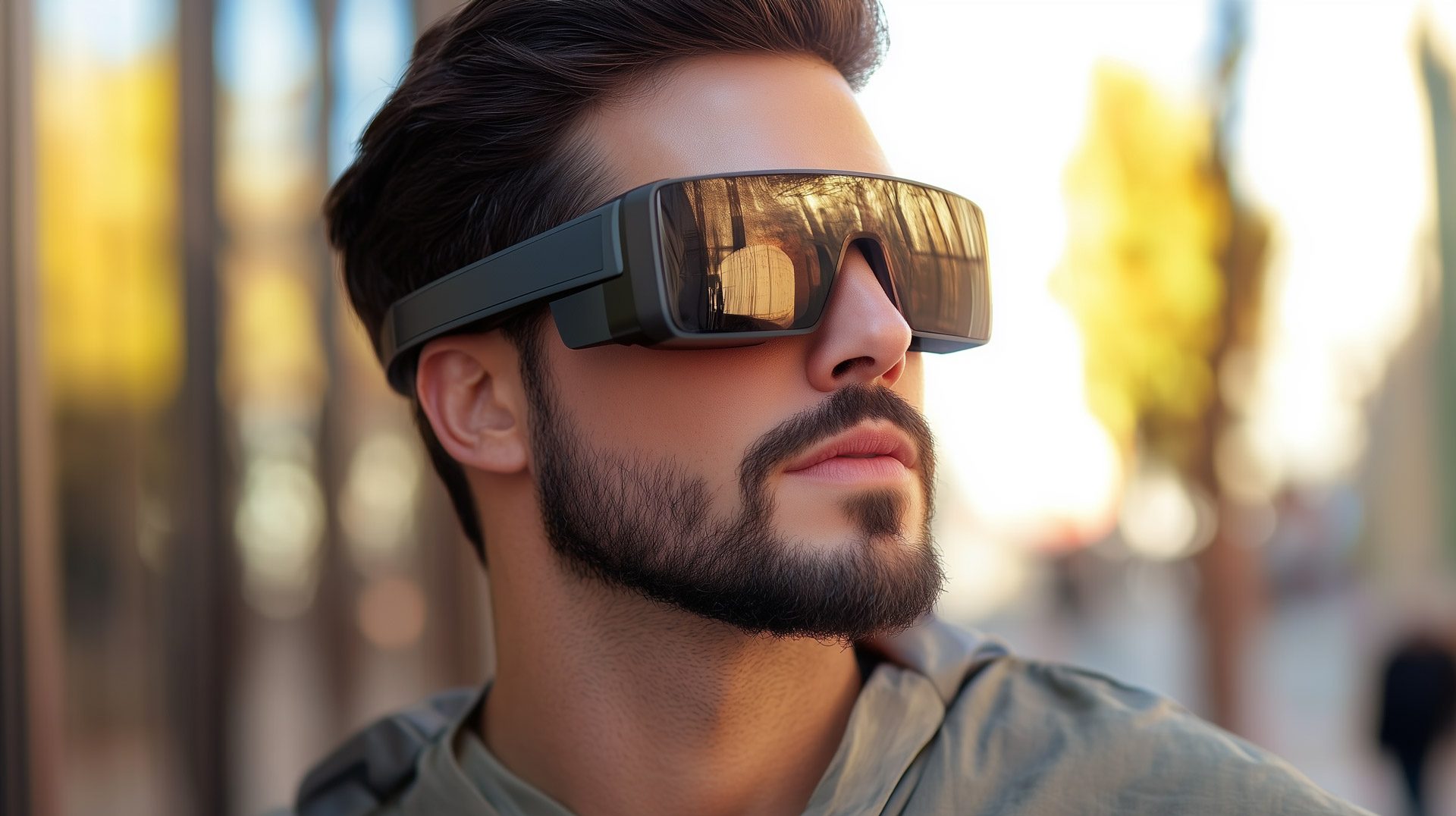Tech News
Why I Think AR Glasses Are the Inevitable Future of the Smartphone

A recent inquiry prompted me to share my insights on Meta’s Orion AR glasses and their potential to rival or replace smartphones in the future.
My thoughts were featured in a Lifewire article regarding Meta’s Orion AR glasses and the possibilities they present for the future. While only a portion of my response was included in the article, which leaned towards a skeptical viewpoint on the future of AR glasses, I firmly believe that AR glasses are the inevitable successor to smartphones, fundamentally reshaping our daily digital interactions. Thus, I would like to share my complete response here.
Q: Given that smartphone ownership is a unique trend facilitated by subsidies, do you foresee widespread adoption of AR glasses?
Ben: I, along with major tech giants like Meta, Apple, and Google, envision AR glasses as the natural progression from smartphones in the long term. The appeal lies in the concept of performing all smartphone functions on a dynamic screen that can adjust in size and position as needed. Imagine having a virtual screen that can act as a small window for messages while on the move, and transform into a large cinema screen at home.
If we can develop a device with this capability (and there are indications that we can), it would not only replace smartphones but also traditional TVs. Consider the multitude of screens in our lives beyond phones and TVs—laptop screens, desktop monitors, smartwatches—all of these could be substituted with virtual screens from a single wearable device. While a 65″ 4K TV is impractical to carry, glasses replicating that display can be taken anywhere.
The quality of virtual screens produced by devices like Apple Vision Pro demonstrates the feasibility of this vision. Vision Pro’s virtual TV window surpasses the quality of most physical TVs, offering a superior 3D experience compared to traditional 3D technologies. However, the challenge for the tech industry lies in shrinking the features and performance of devices like Vision Pro into compact glasses like Orion, necessitating significant breakthroughs.
This vision is a long-term goal, at least a decade away. While Orion represents progress towards this goal, it currently falls short of being a smartphone replacement. Nevertheless, the trajectory is clear.
Therefore, I believe that people will adopt AR glasses once they offer greater value than smartphones, a transition that may take another decade.
Q: Concerns regarding typing, battery life, and the necessity of wearing glasses raise doubts about the viability of AR glasses. Do you see them as a dead end?
Ben: While challenges remain in perfecting typing in XR, history shows that innovative solutions can overcome such hurdles. Research efforts, such as Meta’s EMG input device, offer promising avenues for enhancing typing experiences on AR glasses.
Similarly, there is no reason to assume that battery life on AR glasses cannot match that of smartphones. Meta’s approach with Orion, utilizing a wireless ‘compute puck’ for heavy processing tasks, indicates potential for extended battery performance. By offloading intensive tasks to the compute puck, the glasses can operate efficiently with a larger battery capacity than typical smartphones.
Q: Why is Zuckerberg and Meta eager to find a replacement for Android and iOS phones?
Ben: Meta’s strategic decisions are influenced by its reliance on Google and Apple for platform access. Zuckerberg’s pursuit of immersive technologies, starting with the acquisition of Oculus in 2014, stems from a desire to establish Meta as a leader in the next computing platform, independent of Google and Apple’s dominance. This strategic move reflects Zuckerberg’s long-standing efforts to outmaneuver tech giants in the immersive tech space.
Please rewrite this sentence.
-

 Destination8 months ago
Destination8 months agoSingapore Airlines CEO set to join board of Air India, BA News, BA
-

 Breaking News10 months ago
Breaking News10 months agoCroatia to reintroduce compulsory military draft as regional tensions soar
-

 Gadgets3 months ago
Gadgets3 months agoSupernatural Season 16 Revival News, Cast, Plot and Release Date
-

 Tech News12 months ago
Tech News12 months agoBangladeshi police agents accused of selling citizens’ personal information on Telegram
-

 Productivity11 months ago
Productivity11 months agoHow Your Contact Center Can Become A Customer Engagement Center
-

 Gadgets3 weeks ago
Gadgets3 weeks agoFallout Season 2 Potential Release Date, Cast, Plot and News
-

 Breaking News10 months ago
Breaking News10 months agoBangladesh crisis: Refaat Ahmed sworn in as Bangladesh’s new chief justice
-

 Toys12 months ago
Toys12 months ago15 of the Best Trike & Tricycles Mums Recommend























